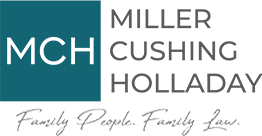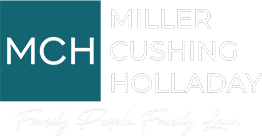In North Carolina Family Law cases, the North Carolina Rules of Evidence control what is and what is not admissible in court. The North Carolina Rules of Evidence establish certain requirements for evidence to be admissible at trial or hearing, but those Rules also exclude certain categories of evidence altogether. One key piece of evidence is generally inadmissible: evidence of settlement negotiations. Under Rule 408 of the North Carolina Rules of Evidence, settlement negotiations and offers for settlement are not admissible at trial.
The rationale behind the inadmissibility of settlement negotiations is clear that the Court wants parties to a lawsuit to negotiate freely and openly in hopes of resolving a case without fear that those negotiations be used against oneself at trial. As a matter of public policy, it is in the best interest of everyone, parties to a case, attorneys, and the Court, that a case settle without the need for trial. Settlements save State funds on Court costs and help relieve already over-burdened Courts, but it is also often better for parties to reach a mutual agreement rather than have the outcome of their case determined by a Judge. To entice settlement and encourage robust settlement negotiations, the North Carolina Rules of Evidence prohibit the admission of settlement discussions.
It is important to distinguish any settlement negotiations as such to make clear the inadmissibility of that offer. Inadmissible settlement negotiations typically consist of letters between attorneys or parties which contain specific offers or counter-offers for settlement. At Miller Cushing Holladay, we specifically title any such communications as “Settlement Offer – Not Admissible in Court” on the top of the page. Other inadmissible settlement negotiations are discussions at mediation or a Judicial Settlement Conference regarding settlement terms or the possibility of settlement. Any discussions or offers made at mediation or at a JSC are also inadmissible at hearing or trial.

